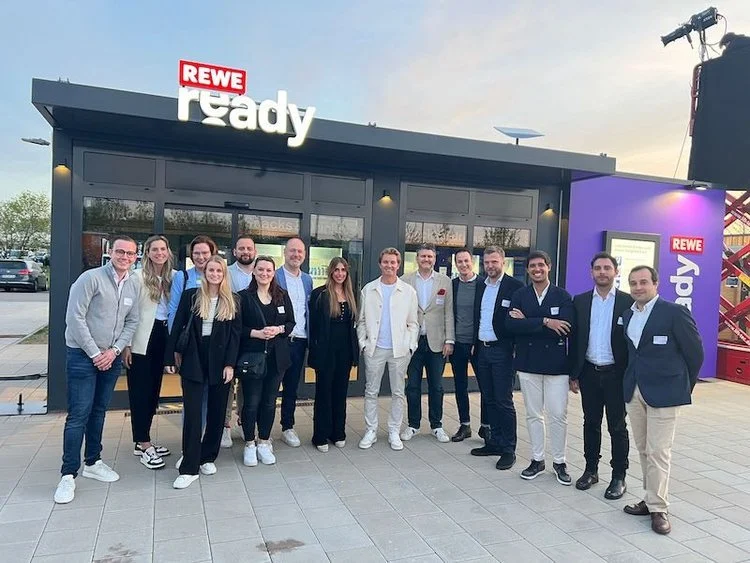Embracing digital transformation: how technology is revamping the retail experience
Retail, a cornerstone of the global economy, has always been a keen adopter of technological innovations.
Throughout history, the sector has continuously evolved, seeking to enhance customer experience and operational efficiency. In recent years, the rise of the digital age has marked a significant shift, leading to a revolution known as digital transformation.
The evolution to digital retail
The digital transformation journey commenced with the advent of e-commerce. The arrival of Amazon in the mid-90s marked the beginning of this era, allowing customers to shop online.
It wasn't long before other retailers followed suit, transforming their business models to include online sales. As technology advanced, so did the retail industry, embracing mobile applications and launching their own dedicated shopping apps.
However, the game-changer was the implementation of augmented reality (AR). AR technology allowed customers to visualize products in a personalised context before purchase, delivering a novel level of interactivity and engagement.
A sweater could be virtually tried on, a piece of furniture could be visualised in your living room - all these became possible with AR, marking a new era in digital retail.
The power of real-time digital experiences
As the digital sphere grew more and more, the importance of real-time experiences became increasingly evident. Customers began seeking instantaneous, personalised interactions during their shopping journeys, echoing the immediacy of the in-store experience.
Many industries have taken advantage of real-time digital experiences, with examples ranging from live chat customer service options in online stores to interactive features in a live casino, where players can engage in their favourite games in real-time, mirroring the ambience of physical casinos.
In the retail sector, real-time digital experiences are manifested in features such as personalised recommendations, instant customer support, and real-time inventory updates.
These elements collectively enhance the customer experience, leading to increased engagement and customer loyalty.
Case studies of successful digital transformation
The successful leveraging of technology in retail is best illustrated by examining a few key players. Fashion retailer Zara, for instance, has seamlessly blended physical and online retail with their AR app, allowing customers to visualise how clothes would look on them.
Another notable example is Nike. The sportswear giant launched its Nike Fit feature, utilising AR to help customers find the perfect shoe size. Not only did this reduce return rates, but it also significantly enhanced the shopping experience, resonating with tech savvy consumers.
The grocery sector has also been a part of this transformation. Walmart's use of blockchain technology to trace food products back to their origins demonstrates the powerful use of technology to enhance customer trust and transparency.
The future of retail in the digital age
The retail sector's digital transformation has proven to be more than just a trend. As technology continues to see new advancements, it is likely that the industry will continue to evolve, continually redefining the shopping experience.
While predicting the exact nature of these future trends is challenging, what's certain is that technology will remain a key player. Whether through AI driven personalisation, blockchain-based traceability, or immersive AR experiences, digital transformation will continue to shape the face of retail.
It's not just about making the purchase process easier, but about creating an engaging, personalised, and seamless shopping experience that resonates with the modern consumer.
As we move forward, retailers that are quick to adapt and innovate will be those that thrive in this ever-evolving landscape.















Continue reading…